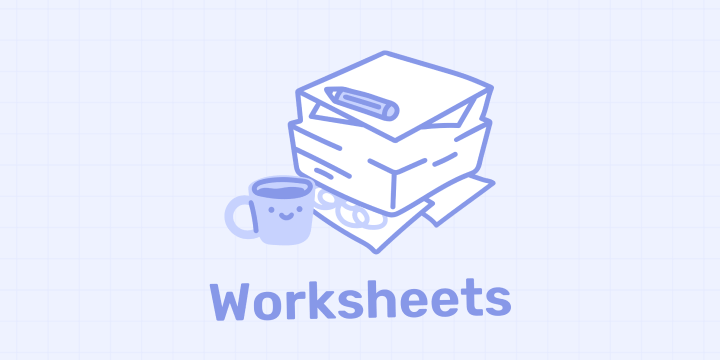3rd Grade Measurement Worksheets
reviewed by Jo-ann Caballes
Updated on August 29, 2025
In 3rd grade, the mathematical realm expands beyond just numbers and arithmetic operations to incorporate more applied concepts, and measurement is one such essential topic. Whether it’s determining the length of an object, gauging the volume of a liquid, or estimating the weight of materials, measurement is intrinsically linked to our day-to-day life. The 3rd-grade measurement worksheets serve as a valuable tool in imparting these foundational skills.
Features of 3rd Grade Measurement Worksheets
Diverse Measurement Types
These worksheets cover a variety of measurements, including length, weight, volume, and time.
Practical Units
Units commonly introduced in the 3rd grade include centimeters, meters, grams, kilograms, liters, minutes, and hours.
Comparison Exercises
Students are often tasked with comparing different measurements, helping them discern between lengths, weights, or volumes.
Real-world Scenarios
Many worksheets employ real-life situations that require measurement, such as baking recipes, travel times, or playground activities.
Conversion Tasks
Introducing basic conversions, such as centimeters to meters or grams to kilograms, is a cornerstone of these worksheets.
Interactive Exercises
Beyond the standard problems, some sheets might incorporate puzzles, measurement-related games, or hands-on activities.
Ease of Use
Numerous educational platforms, including renowned ones, provide free PDF downloads of measurement worksheets tailored specifically for 3rd-grade learners.
Benefits of Engaging with 3rd Grade Measurement Worksheets
Application in Everyday Life
Measurement is not just a mathematical concept; it’s a life skill. From cooking to crafting, the importance of accurate measurement is evident.
Enhanced Understanding
Through diverse exercises, students learn to relate different units of measurement, enhancing their overall comprehension.
Development of Precision
The act of measuring requires careful attention, cultivating a sense of precision and accuracy in students.
Boosting Analytical Thinking
Comparing, converting, and estimating measurements push students to analyze and evaluate, fostering critical thinking.
Building Mathematical Vocabulary
By learning terms related to measurement, students expand their mathematical lexicon, aiding in better articulation and understanding.
Conclusion
3rd-grade measurement worksheets are a pivotal resource in the educational journey, transforming abstract concepts into tangible skills. By engaging with these sheets, students not only develop a sound understanding of measurement but also equip themselves with a skill set that’s indispensable in real-life scenarios.







